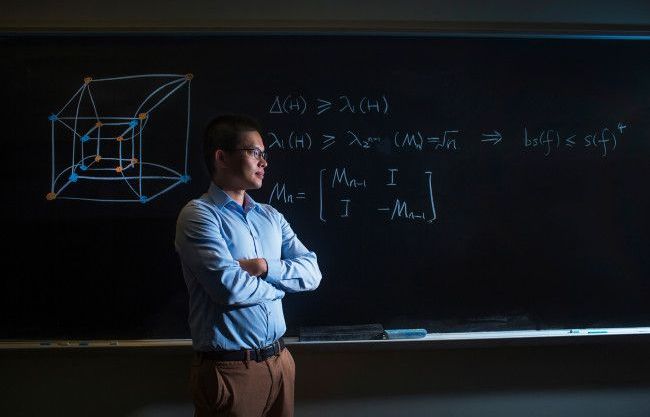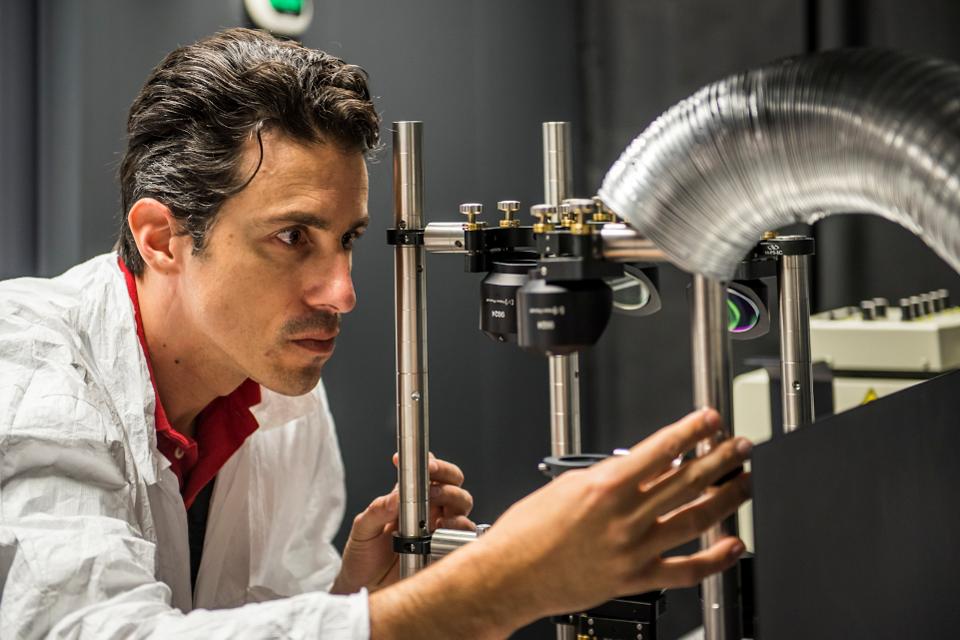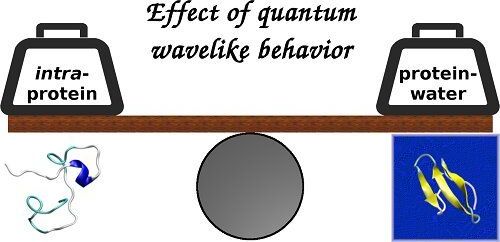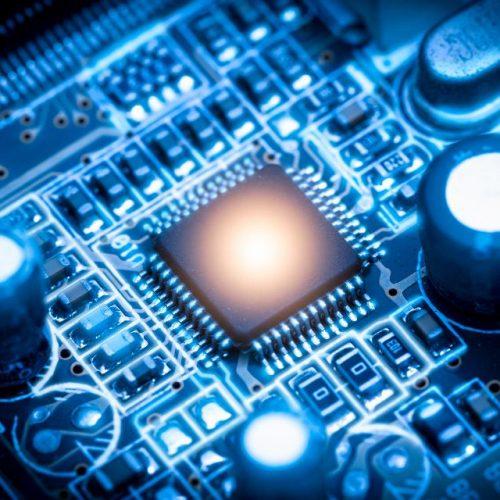A European team of researchers including physicists from the University of Konstanz has found a way of transporting electrons at times below the femtosecond range by manipulating them with light. This could have major implications for the future of data processing and computing.
Contemporary electronic components, which are traditionally based on silicon semiconductor technology, can be switched on or off within picoseconds (i.e. 10-12 seconds). Standard mobile phones and computers work at maximum frequencies of several gigahertz (1 GHz = 109 Hz) while individual transistors can approach one terahertz (1 THz = 1012 Hz). Further increasing the speed at which electronic switching devices can be opened or closed using the standard technology has since proven a challenge. A recent series of experiments—conducted at the University of Konstanz and reported in a recent publication in Nature Physics—demonstrates that electrons can be induced to move at sub-femtosecond speeds, i.e. faster than 10-15 seconds, by manipulating them with tailored light waves.
“This may well be the distant future of electronics,” says Alfred Leitenstorfer, Professor of Ultrafast Phenomena and Photonics at the University of Konstanz (Germany) and co-author of the study. “Our experiments with single-cycle light pulses have taken us well into the attosecond range of electron transport.” Light oscillates at frequencies at least a thousand times higher than those achieved by purely electronic circuits: One femtosecond corresponds to 10-15 seconds, which is the millionth part of a billionth of a second. Leitenstorfer and his team from the Department of Physics and the Center for Applied Photonics (CAP) at the University of Konstanz believe that the future of electronics lies in integrated plasmonic and optoelectronic devices that operate in the single-electron regime at optical—rather than microwave—frequencies. “However, this is very basic research we are talking about here and may take decades to implement,” he cautions.








